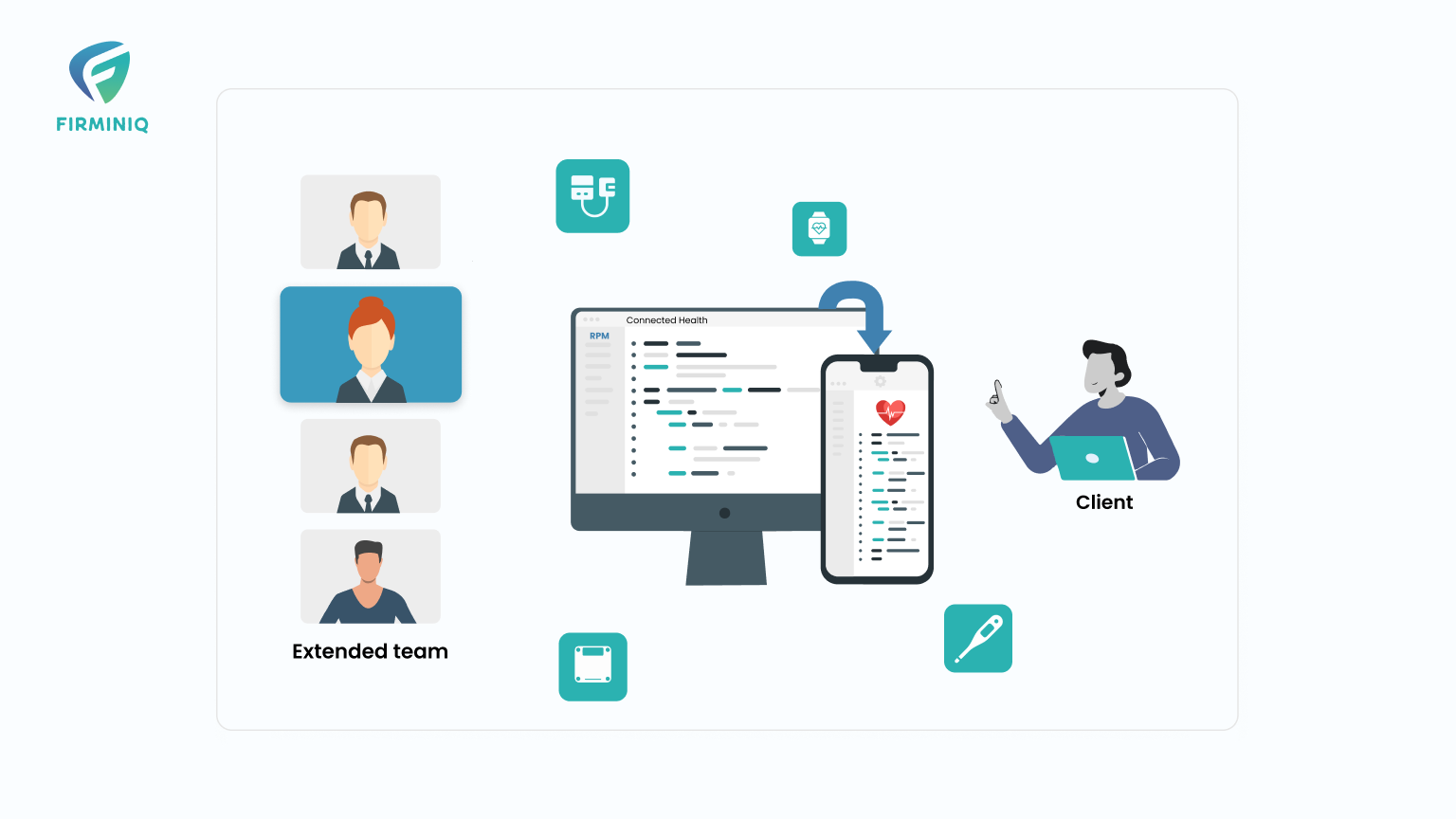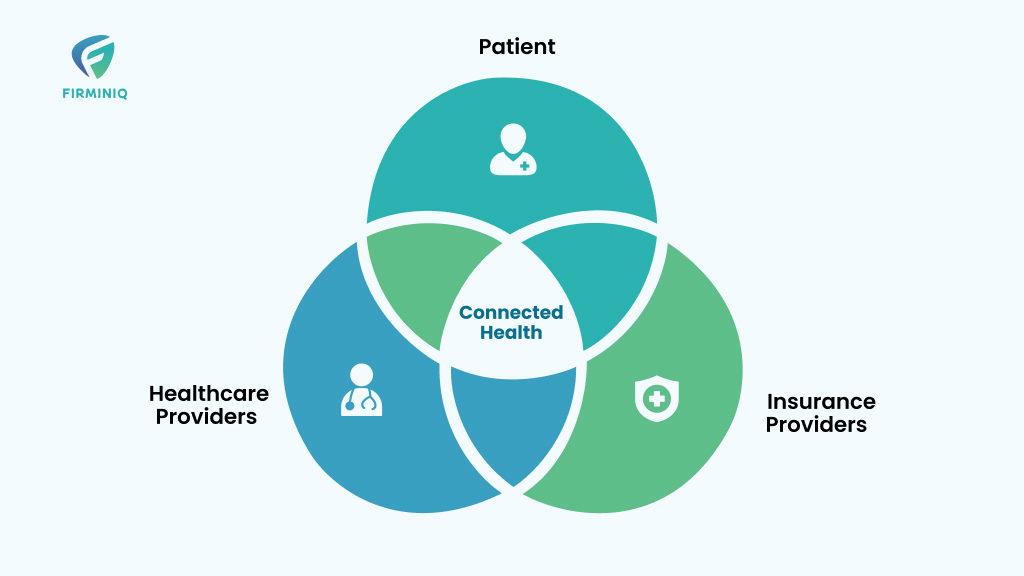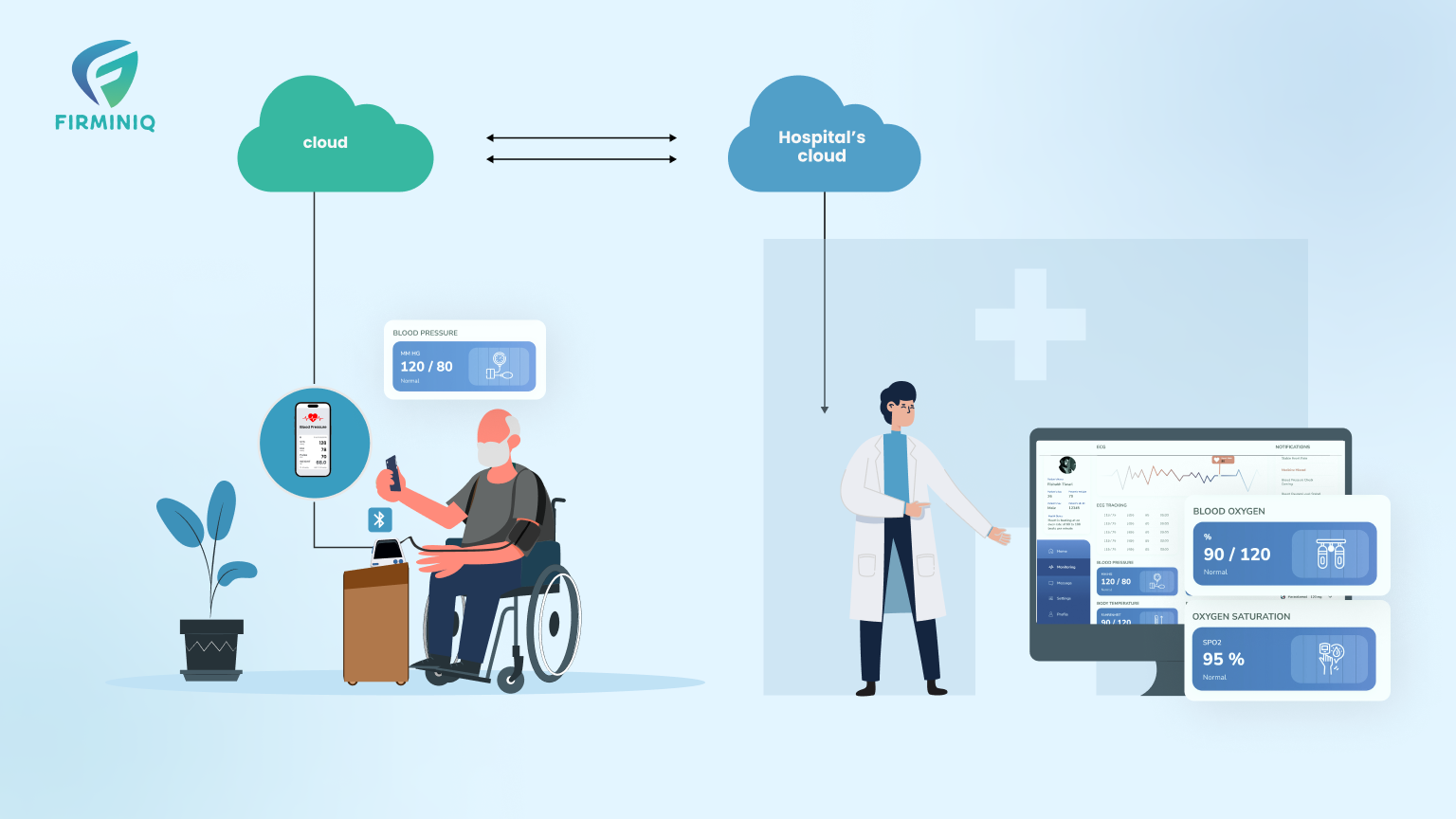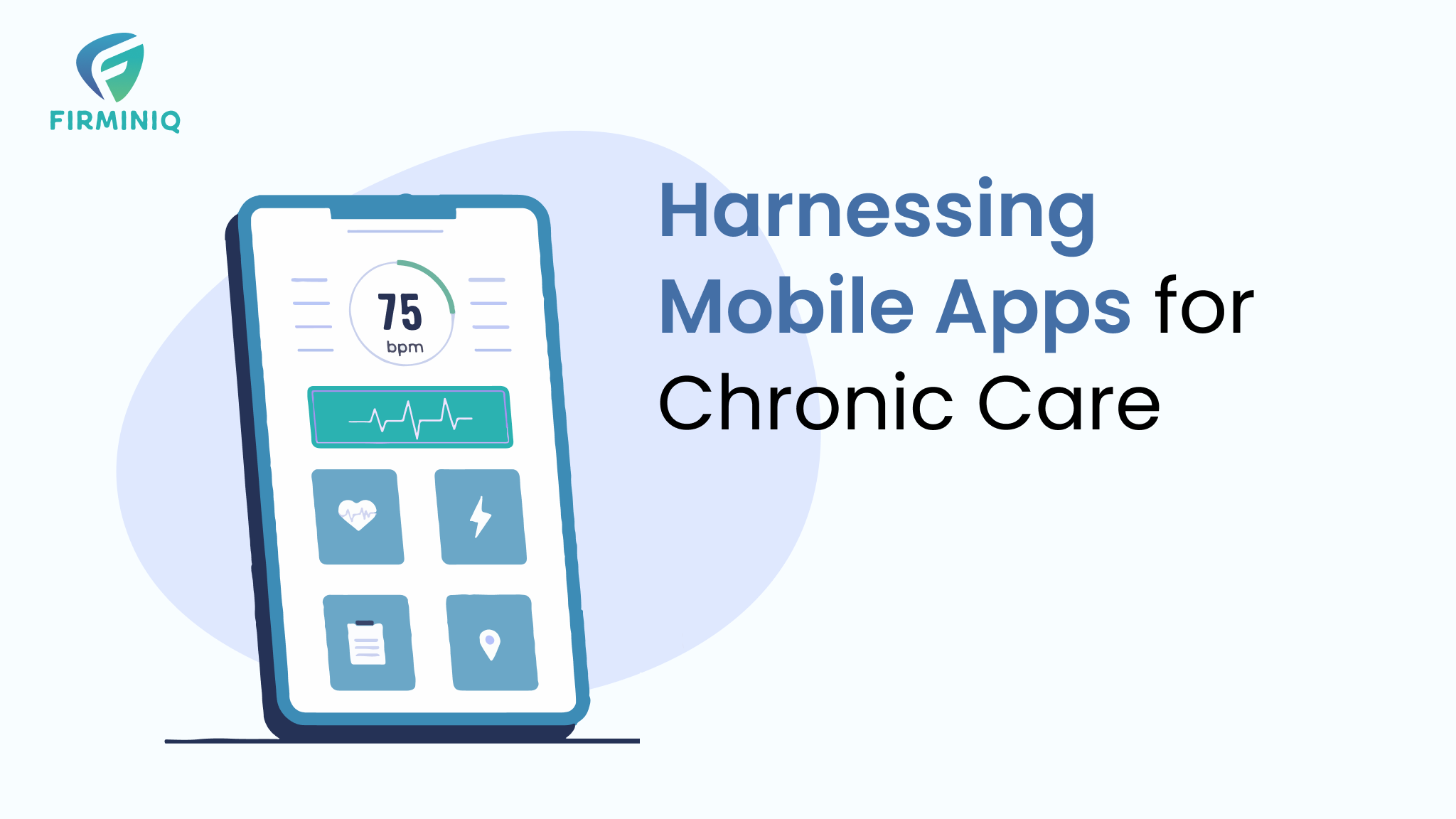Connected healthcare encompasses many components like electronic health records, telemedicine, interoperability, and more that play a pivotal role in shaping the industry. In this dynamic ecosystem, the seamless integration of such components and their optimization is desirable and imperative for delivering efficient, patient-centric care.
However, embarking on the technological journey requires a blend of skilled professionals, timely deliveries, compliance with stringent regulations, and more. As organizations try to strive and keep pace with the evolving healthcare landscape, one of the questions that arises is, how can organizations effectively keep pace with and adopt these advancing components in the ever-evolving landscape?
Within this intricate framework, the importance of staff augmentation becomes evident. Staff augmentation turns out to be a strategic imperative that offers the expertise needed for the organizations to grow.
Delve into the blog and learn about how staff augmentation serves as a crucial element for success in the dynamic realm of connected healthcare, what is the best time to leverage it and more.
Benefits of Staff Augmentation in Healthcare
Staff augmentation in healthcare IT brings several benefits to the organizations like enhancing their capabilities, implementing technology solutions, and meeting the evolving industry needs. Here are the key benefits you must be aware of.
1. Access to Specialized Skills
The healthcare industry is dynamic because technology is advancing continuously. Healthcare software development often needs specific skills such as the right knowledge of healthcare informatics, compliance with healthcare regulations, expertise in developing secure and scalable systems. Therefore, by leveraging staff augmentation, healthcare organizations can access professionals with specialized skills tailored to the unique requirements of healthcare. Accessing highly skilled professionals having up-to-date skills helps ensure that the organization remains competitive and can incorporate advancements in software development.
2. Efficient Project Management
With staff augmentation, healthcare organizations can efficiently manage software development projects. It provides healthcare organizations with a vast pool of talent and skilled professionals with expertise in software development. This includes project managers, software developers, quality assurance specialists, and other roles crucial to the project’s success. Organizations can leverage expertise in project management and ensure that projects are completed on time within the budget and as per the quality standards.
3. Flexibility and Scalability
Healthcare needs are dynamic due to factors like regulatory updates, technological advancements and projects vary in complexity and duration. Staff augmentation provides healthcare organizations with the flexibility to respond to these changes. Organizations can scale their development teams as per the requirements. This adaptability ensures that healthcare organizations can respond to the needs and allocate resources effectively.
4. Improved Compliance and Security
With healthcare IT staff augmentation, organizations can have access to software developers with expertise in healthcare regulations, data privacy, and cybersecurity. Most organizations adhere to industry standards and safeguard sensitive patient information from potential security threats. Strategic partnership enables organizations to conserve their valuable time, effort, and resources that would otherwise be extended to recruitment, screening, onboarding, and management of IT professionals.
5. Rapid Response to Technological Advancements
The healthcare industry is continuously evolving and advancing. Staff augmentation offers healthcare organizations the ability to respond to technological changes and innovations. Accessing professionals with these up-to-date skills and knowledge allows healthcare organizations to stay competitive and adopt the latest technologies.
Scenarios Where Healthcare Offshoring Must be Considered
Staff augmentation in connected healthcare can be necessary in various situations to ensure the project‘s success. Let us focus on some of the scenarios in which staff augmentation is necessary.
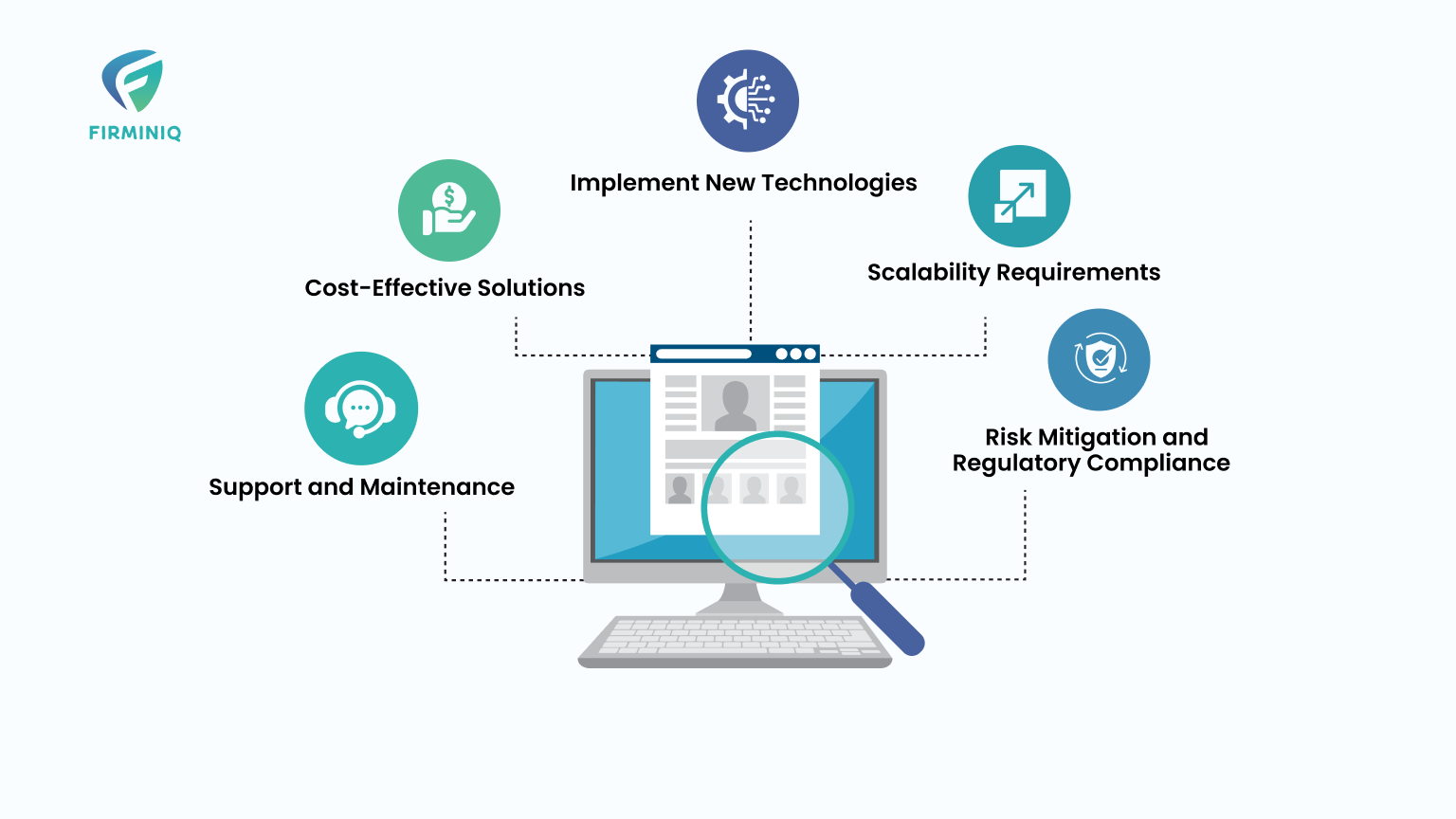
1. Implement New Technologies
When implementing innovative technologies such as IoT, AI/ML and others, staff augmentation becomes a viable option. It brings experts who are well experienced with these technologies and can facilitate a smooth integration process.
From bringing specialized expertise to supporting a smooth process, offshoring ensures efficient project management, offers cost-effective solutions, and enables knowledge transfer contributing to the successful adoption of transformative technologies in healthcare settings.
2. Scalability Requirements
There may be scenarios where healthcare organizations experience fluctuations in the workload. So, offshoring allows organizations to allocate resources based on the changing demand for services. Instead of maintaining a fixed, overburdened, in-house workforce, organizations can scale their offshore teams up or down as needed. Offshore partners have robust technological infrastructure like cloud solutions and other tools to support scalable operations and accommodate the demand without sacrificing performance.
3. Risk Mitigation and Regulatory Compliance
Offshoring teams can contribute to the development of risk mitigation strategies and compliance planning. From identifying the potential compliance risks to assessing the impact and devising the right strategies offshoring teams can help. Hiring an offshore team with expertise in risk identification, impact assessment, development of mitigation strategies, compliance planning and collaboration with local teams can contribute to establishment of proactive risk management strategies, compliance planning and adherence to global standards.
4. Support and Maintenance
Ongoing support and maintenance of healthcare IT systems may require additional resources during certain periods. Staff augmentation can help ensure that your systems are well-maintained, and any issues are promptly addressed.
5. Cost-Effective Solutions
Hiring full-time employees for short-term projects can be costlier. Staff augmentation allows organizations to bring skilled professionals for any specific project over a period without having to give long-term financial commitments. Whereas hiring a full-time employee involves salaries, training costs and other expenses to be borne by the organization, which is not justifiable for short-term needs.
Why Choose FIRMINIQ for Healthcare IT Staff Augmentation?
When contemplating healthcare IT staff augmentation, organizations should evaluate their unique requirements, including skill needed, spikes in workload, project timelines, cost-efficiency, seasonal demands, knowledge transfer, industry proficiency, system implementations/upgrades, short-term necessities, and strategic initiatives. Grasping these elements is essential for determining the suitable healthcare IT staff augmentation model.
Choosing the right provider is crucial for success and FIRMINIQ stands out as a reliable choice, offering specialized expertise. Get access to our diverse pool of talent who can cater to your specific needs while adhering to industry regulations. Reach out to us today for more information on our staff augmentation services.


